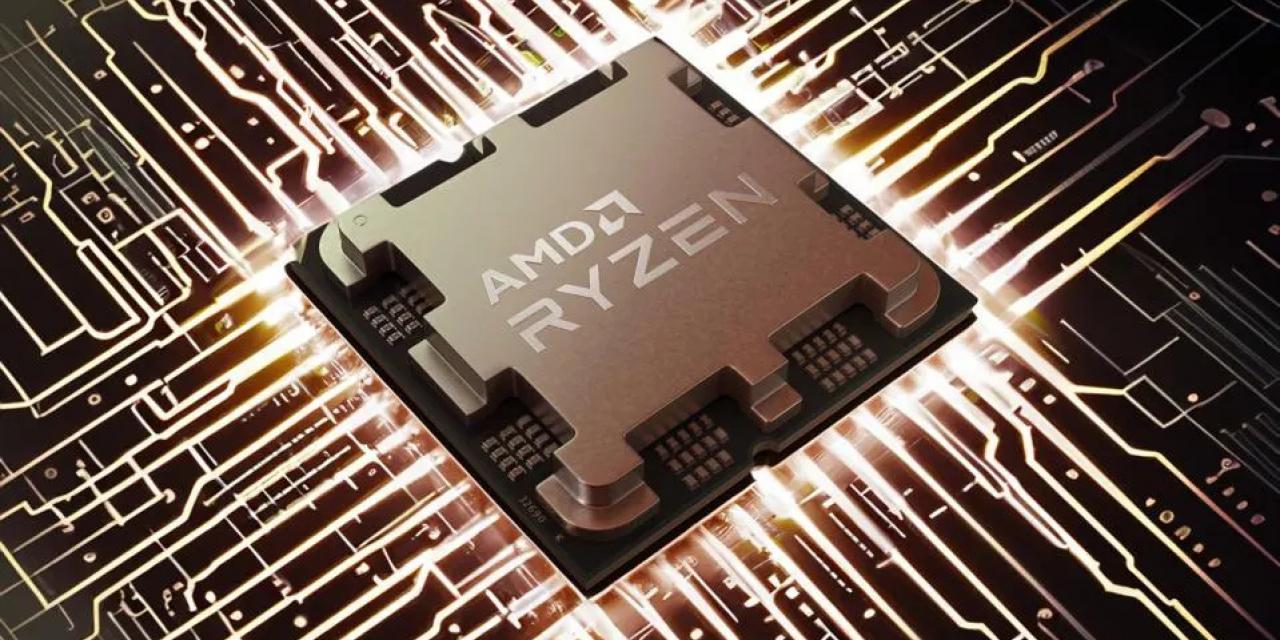
AMD's new Ryzen 8000G APUs may not have been released yet, but they've already been tested in the Passmark benchmarking software, and those results show that the new generation of combined CPU and GPU from AMD will feature a strong boost from the previous generation. According to those benchmarks, you can expect a jump in performance of around 30% compared to the 5000G APUs, a big leap forward in anyone's book.
The benchmarks covered three of the four models of Ryzen 8000G released at the end of January. The Ryzen 3 8300G was presumably left out because it's the only variant that won't be released at retail, being an OEM exclusive.
The three models left, the Ryzen 7 8700G, Ryzen 5 8600G, and Ryzen 5 8500G are capable of hitting 5 GHz, much higher than the top-tier previous APU, the Ryzen 7 5700G. The two top level APUs, the Ryzen 7 8700G and Ryzen 5 8500G are the two APUs responsible for the headline 30% increase, with the upgrade to Zen 4 architecture likely being the reason behind the dramatic upswing in benchmark numbers.
Breaking down the numbers, the Ryzen 7 8700G scored a Passmark score of 32,117, and a base frequency of 4.1 GHz, and a boosted frequency of 5.1 GHz. By comparison, the Ryzen 7 5700G scored 24,638, with a base frequency of 3.8 GHz and a boosted clock of 4.6 GHz.
The Ryzen 5 8600G scored 25,957, base clock of 4.3 GHz, and boosted clock of 5.0 GHz. The Ryzen 5 5600G, its predecessor, scored 19,900, 3.9 GHz, and 4.4 GHz respectively. As you can see, it's a rousing success across the board where benchmarks are concerned.
Of course, benchmarks are only part of the story, and we'll have a better idea of how each of the APUs fares when they all release on January 31. The Ryzen 7 8700G will start from $329, the Ryzen 5 8600G from $229, and the Ryzen 5 8500G will start from $179, making it the most reasonably priced of the bunch.








